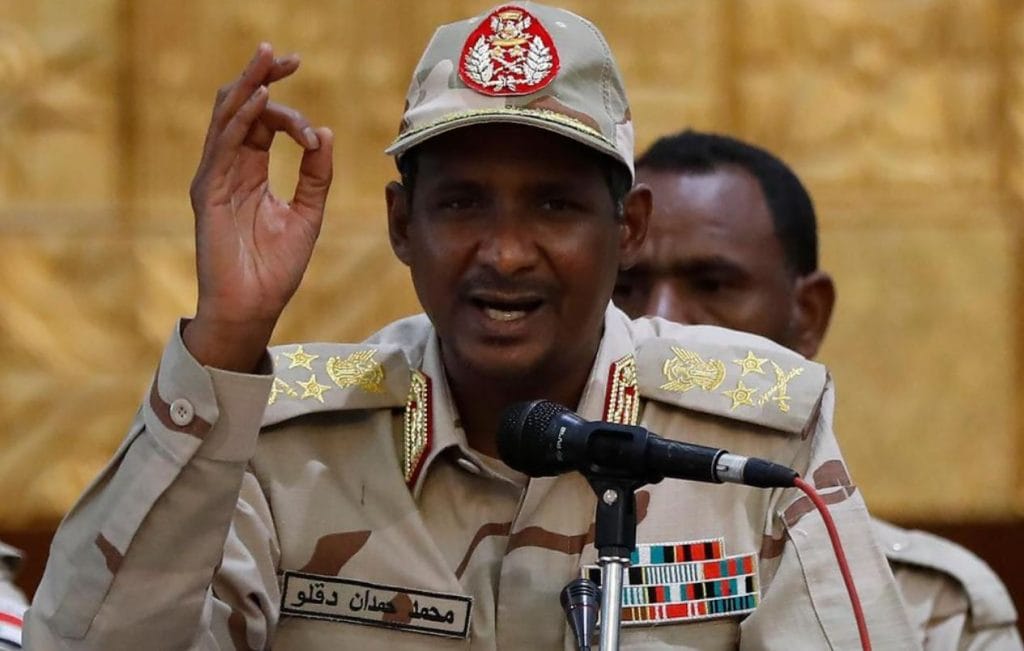The Rapid Support Forces (RSF), led by Mohamed Hamdan Dagalo (Hemedti), are set to declare a parallel government from Nairobi, a move that could escalate Sudan’s internal conflict and put Kenya in a challenging diplomatic position. Initially planned for Monday, the announcement—titled the “Political Charter for the Government of Peace and Unity”—has been postponed to Tuesday.
The RSF and its allies claim this initiative seeks to restore Sudan’s legitimate leadership, accusing the current authorities in Port Sudan of unlawfully taking power. The decision to make this declaration from Nairobi, rather than from RSF-controlled areas, is significant and is likely to provoke a strong reaction from General Abdel Fattah al-Burhan, the leader based in Port Sudan, who has been working to strengthen his government’s international standing.
Kenya’s Role in Sudan’s Political Landscape
Kenya has played a key role in regional diplomacy, attempting to mediate between Sudan’s rival factions. As a member of the Intergovernmental Authority on Development (IGAD), Nairobi has engaged in peace efforts but has faced scrutiny over its perceived closeness to the RSF.
While Sudan’s Foreign Minister Ali al-Sadiq suggested in January that Kenya had reconsidered its stance and distanced itself from the RSF, recent events tell a different story. Kenya has maintained engagement with the RSF leadership, including a grand reception for Hemedti in Nairobi earlier this year. This has fueled concerns in Port Sudan, where al-Burhan’s administration views Kenya’s actions with suspicion.
Kenya has also taken steps to manage its diplomatic positioning carefully. Last month, Nairobi ordered the RSF to cancel a scheduled press conference, reflecting its awareness of growing international pressure against the paramilitary group. The U.S. has already imposed sanctions on key RSF figures, and Kenya’s role in facilitating the group’s political activities could invite further diplomatic scrutiny.
What This Means for Kenya
The RSF’s decision to announce its government from Nairobi could trigger a response from Sudan’s leadership in Port Sudan, potentially straining diplomatic ties. Hosting such an event might also complicate Kenya’s standing with Western allies and regional organizations such as the African Union (AU), which has suspended Sudan’s membership following the military takeover in 2021.
For Kenya, this situation presents both risks and opportunities. By allowing the RSF’s political activities on its soil, Nairobi risks being seen as taking sides in Sudan’s conflict. However, it could also use its position to influence future peace negotiations. The challenge for Kenya now is to navigate this delicate balance while preserving its role as a regional mediator and avoiding deeper entanglement in Sudan’s volatile crisis.


